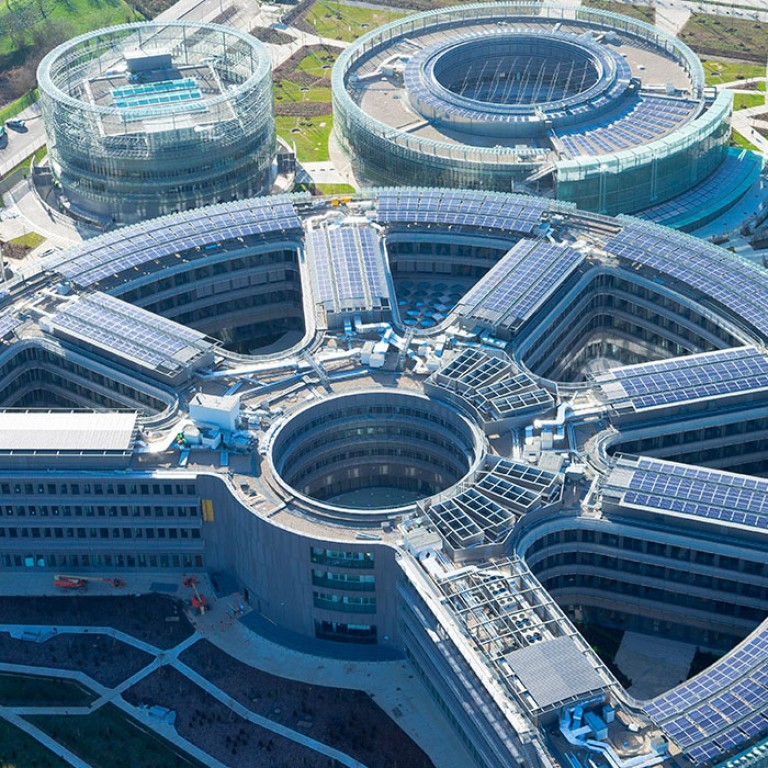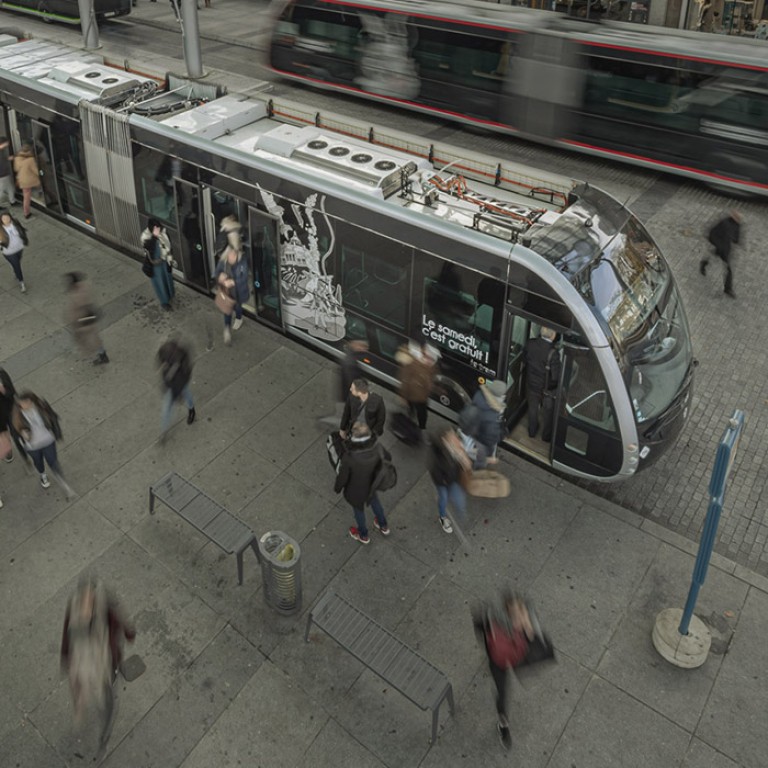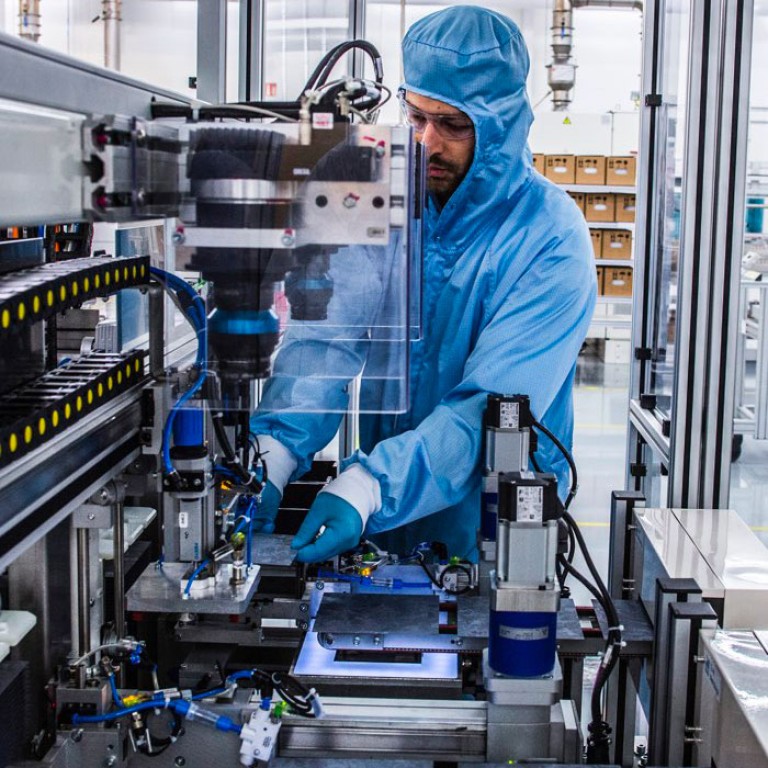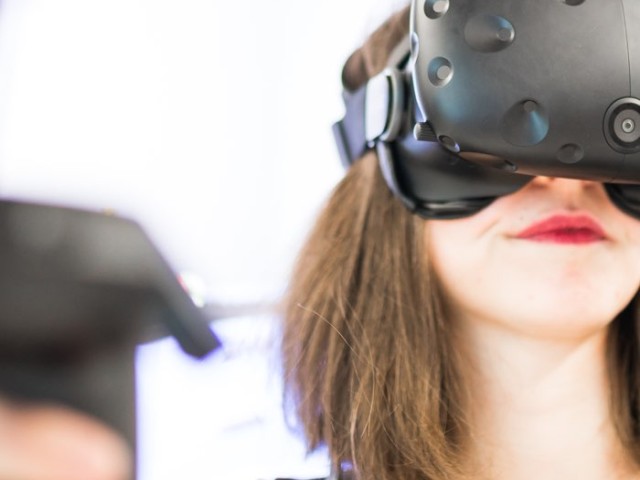
EDF R&D: global know-how
In 2022, EDF invested €649 million in research and development in three areas of research: energy transition, climate transition, and digital and societal transition.

Electric mobility, for today and tomorrow
The transport sector is now the main contributor to greenhouse gas emissions in Europe. Consequently, carbon-free electricity is the solution of the future to ensure clean modes of transport. With an 90% CO2-free global energy mix, the EDF Group is committed to making carbon-free electricity the fuel of the future.

EDF Pulse, an ecosystem of innovation
As there is strength in numbers, EDF gives a major place to open innovation. We are convinced that the energy transition process is a joint effort and we work every day with those who innovate for an electric future.

Energy transition, EDF is changing with its employee
Digital technology in the company is drastically changing pyramid-shaped hierarchies by bringing employees closer to the decision-making process. It provides an opportunity to imagine the company differently.





